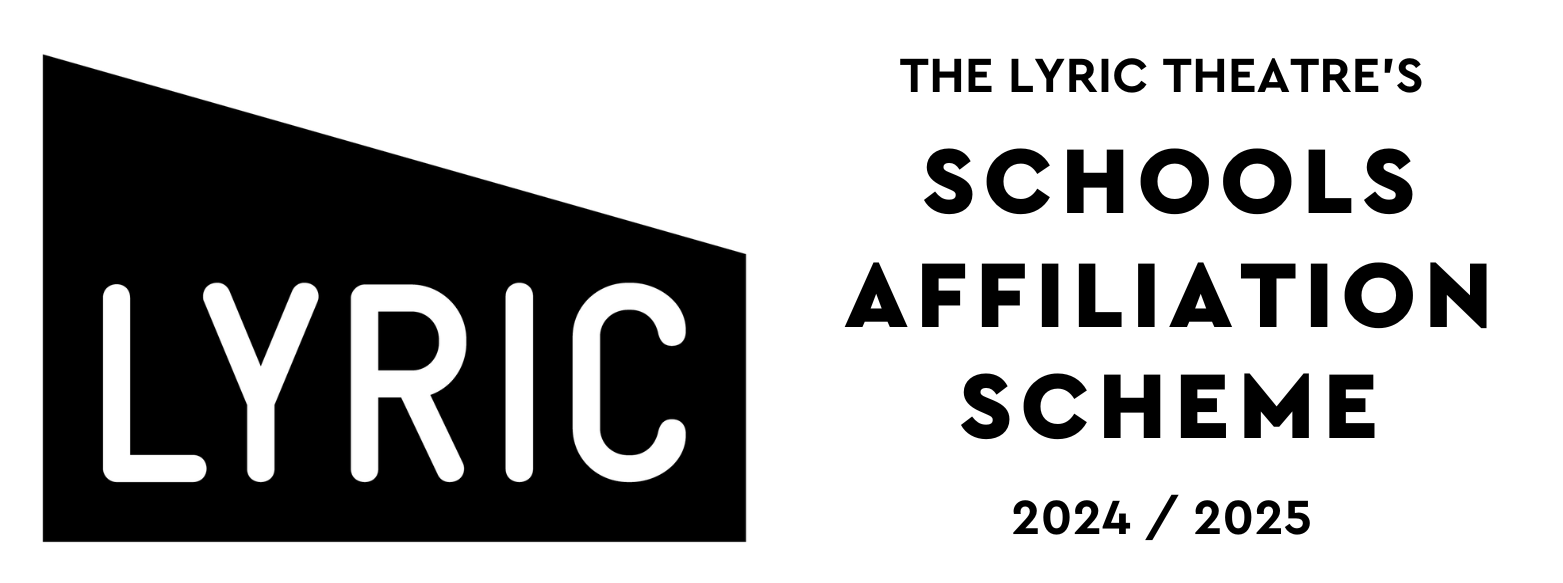Chemistry
SPECIFIC AIMS OF THE DEPARTMENT
The Chemistry Department aims to:
- stimulate pupils’ curiosity, interest and enjoyment of Chemistry and to prepare them for further studies which require a scientific background;
- help pupils to develop safe experimental and investigative skills, and acquire a systematic body of chemical knowledge, including the uses and limitations of chemistry;
- develop pupils to their full potential and prepare them for the challenges of the world of Science and Technology;
- develop pupils’ appreciation of the contributions of Chemistry to society and the responsible use of scientific knowledge and evidence.
OVERVIEW OF KEY STAGE 3 CURRICULUM
At Key Stage 3, Chemistry is taught as part of a general Science programme. Please click here to access the Science Subject Area section of this website for Key Stage 3 information.
OVERVIEW OF KEY STAGE 4 CURRICULUM
At Key Stage 4, the Chemistry Department offers Double Award Chemistry at GCSE Level. Pupils follow the CCEA specification. Chemistry is delivered over four lessons per fortnight in both Year 11 and Year 12.
Unit 1: Structures, Trends, Chemical Reactions, Quantitative Chemistry and Analysis (11%)
In this unit, pupils study:
- Atomic Structure
- Chemical Bonding
- Structures
- Nanoparticles
- Chemical Formulae and Equations Periodic Table
- Quantitative Chemistry
- Acids, Bases and Salts
- Chemical Analysis
This unit is assessed in the form of a written examination. Pupils will have 1 hour to complete the assessment for this unit. Assessment of this unit will take place at the end of Year 11. Pupils’ work in this unit will be externally assessed.
Unit 2: Further Chemical Reactions, Rates and Equilibrium, Calculations and Organic Chemistry (14%)
In this unit, pupils study:
- Metals and the Reactivity Series
- Redox, Rusting and Iron
- Quantitative Chemistry
- Organic Chemistry
- Electrochemistry
- Rates of Reaction
- Equilibrium
- Energy in Chemistry
- Gas Chemistry
This unit is assessed in the form of a written examination. Pupils will have 1 hour and 15 minutes to complete the assessment for this unit. Assessment of this unit will take place at the end of Year 12. Pupils’ work in this unit will be externally assessed.
Unit 3: Practical Skills (8.3%)
This practical unit comprises of two parts: Booklet A and Booklet B.
Booklet A
In Booklet A, pupils carry out a pre-release practical. Pupils will have 1 hour to complete the assessment for this unit. Assessment of this unit will take place between January and June of Year 12 and will happen during curricular time. Pupils’ work in this unit will be externally assessed.
Booklet B
In Booklet B, pupils are assessed in the form of a written examination. Pupils will have 30 minutes to complete the assessment for this unit. Assessment of this unit will take place at the end of Year 12. Pupils’ work in this unit will be externally assessed.
OVERVIEW OF KEY STAGE 5 CURRICULUM
At Key Stage 5, the Chemistry Department offers Chemistry at AS and A2 Level. Students follow the CCEA specification. AS Chemistry is delivered over eleven lessons per fortnight and A2 Chemistry is delivered over eleven lessons per fortnight.
At AS Level, students must successfully complete three modules. A further three modules must be successfully completed at A2 Level.
AS CHEMISTRY
Unit 1: Basic Concepts in Physical and Inorganic Chemistry (AS 40% / A2 16%)
This unit involves the study of:
- Atomic Structure and Bonding
- The Periodic Table with a Focus on Group VII
- Redox Reactions
- Acid-Base Titrations
- Basic Calculations and Equations
- Qualitative Analysis
This unit is assessed in the form of a written examination. Students will have 1 hour and 30 minutes to complete the assessment for this unit. Assessment of this unit will take place at the end of Year 13. Students’ work in this unit will be externally assessed.
Unit 2: Further Physical and Inorganic Chemistry and an Introduction to Organic Chemistry (AS 40% / A2 16%)
This unit involves the study of:
- Organic Chemistry
- Equilibrium
- Kinetics
- Thermochemistry
- Infra-red Spectroscopy
- Mole Calculations
This unit is assessed in the form of a written examination. Students will have 1 hour and 30 minutes to complete the assessment for this unit. Assessment of this unit will take place at the end of Year 13. Students’ work in this unit will be externally assessed.
Unit 3: Basic Practical Chemistry (AS 20% / A2 8%)
This practical unit comprises of two parts: Booklet A and Booklet B.
Booklet A (25 marks)
In Booklet A, pupils carry out a variety of practical tasks. Pupils will have 1 hour 15 minutes to complete the assessment for this unit. Assessment of this unit will take place at the end of Year 13. Pupils’ work in this unit will be externally assessed.
Booklet B (55 marks)
In Booklet B, pupils are assessed in the form of a written examination. Pupils will have 1 hour 15 minutes to complete the assessment for this unit. Assessment of this unit will take place at the end of Year 13. Pupils’ work in this unit will be externally assessed.
A2 CHEMISTRY
Unit 4: Further Physical and Organic Chemistry (24%)
This unit involves the study of:
- Equilibrium
- Kinetics
- Lattice Enthalpy
- Entropy
- Isomerism
- Aldehydes and Ketones
- Carboxylic acids
- Aromatic Chemistry
This unit is assessed in the form of a written examination. Students will have 2 hours to complete the assessment for this unit. Assessment of this unit will take place in January of Year 14. Students’ work in this unit will be externally assessed.
Unit 5: Analytical, Transition Metals, Electrochemistry and Organic Nitrogen Chemistry (24%)
This unit involves the study of:
- Mass Spectometry
- Nuclear Magnetic Resonance Spectroscopy
- Volumetric Analysis
- Chromatography
- Transition Metals
- Electrode Potentials
- Organic Nitrogen Compound
- Polymer Chemistry
- Chemistry in Medicine
This unit is assessed in the form of a written examination. Students will have 2 hours to complete the assessment for this unit. Assessment of this unit will take place at the end of Year 14. Students’ work in this unit will be externally assessed.
Unit 6: Further Practical Chemistry (12%)
This practical unit comprises of two parts: Booklet A and Booklet B.
Booklet A (30 marks)
In Booklet A, pupils carry out a variety of practical tasks. Pupils will have 1 hour 15 minutes to complete the assessment for this unit. Assessment of this unit will take place at the end of Year 14. Pupils’ work in this unit will be externally assessed.
Booklet B (60 marks)
In Booklet B, pupils are assessed in the form of a written examination. Pupils will have 1 hour 15 minutes to complete the assessment for this unit. Assessment of this unit will take place at the end of Year 14. Pupils’ work in this unit will be externally assessed.
ADDITIONAL SUBJECT INFORMATION
EXTRA- CURRICULAR PROVISION
The Chemistry Department contributes extensively to the school’s extra-curricular provision. Extra-curricular activities include:
- Salters’ Festival of Chemistry;
- KS3 Science Club;
- British Chemistry Olympiad Competition and;
- Cambridge Chemistry Challenge.
FACILITIES AND RESOURCES
Facilities and resources within the Chemistry Department include:
- 5 Chemistry Laboratories (with the use of other Science Laboratories)
- 1 Computer Suite with 30 computers
- 2 Preparation Rooms
Each Chemistry Laboratory has a computer, data projector and access to a printer. There is also an interactive Clevertouch screen in two of the laboratories. Each teacher has an iPad. There are ten Sense and Control Data Harvesting Boxes with a range of sensors for use with iPads.
CAREERS INFORMATION
In the study of Chemistry, pupils have the opportunity to develop their communication skills, sense of enquiry, practical skills and powers of observation and interpretation. These qualities form an excellent foundation for a wide range of careers including:
- Medicine
- Dentistry
- Pharmacy
- Veterinary Science
- Genetic Engineering
- Marine Biology
- Teaching
- Forensic Science
- Food Science
- Food Engineering
- Medical Research
- Environmental Protection
- Sustainable Energy Development
Chemists are considered to have the skills that make them highly employable and can, therefore, almost always find a job, even in tough economic times. Chemists also work in banking, law, publishing and accounting.









